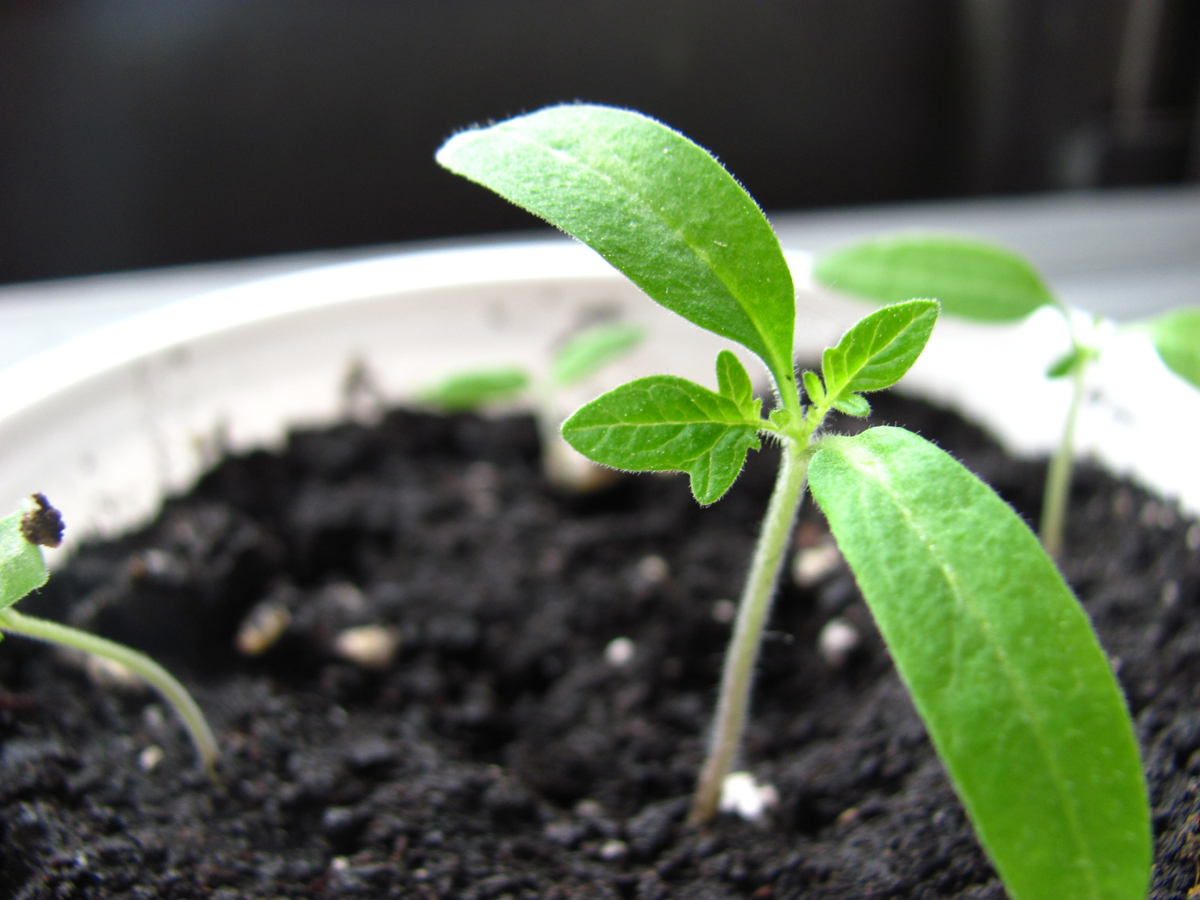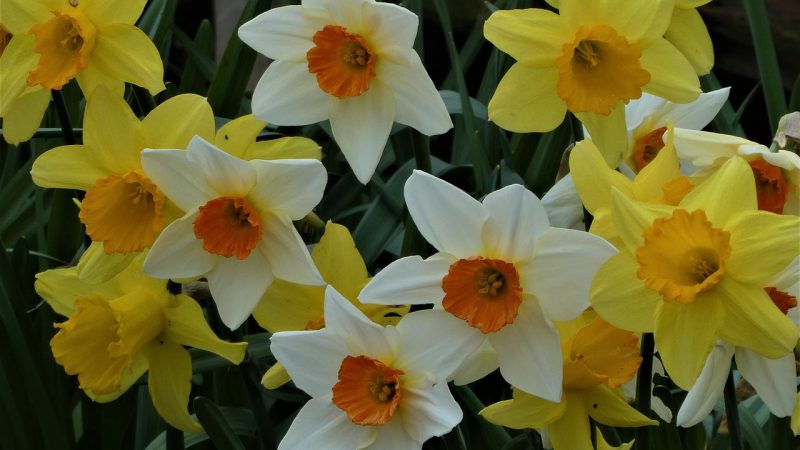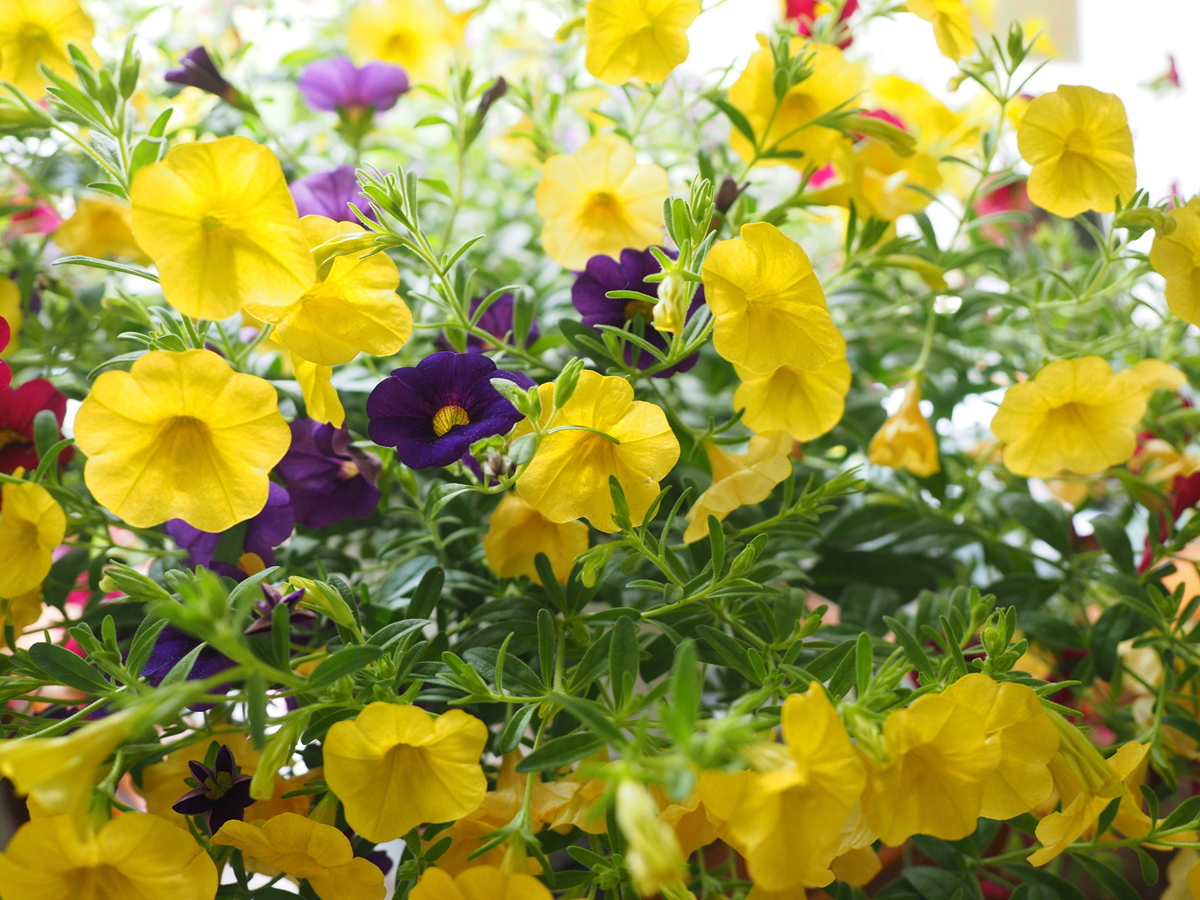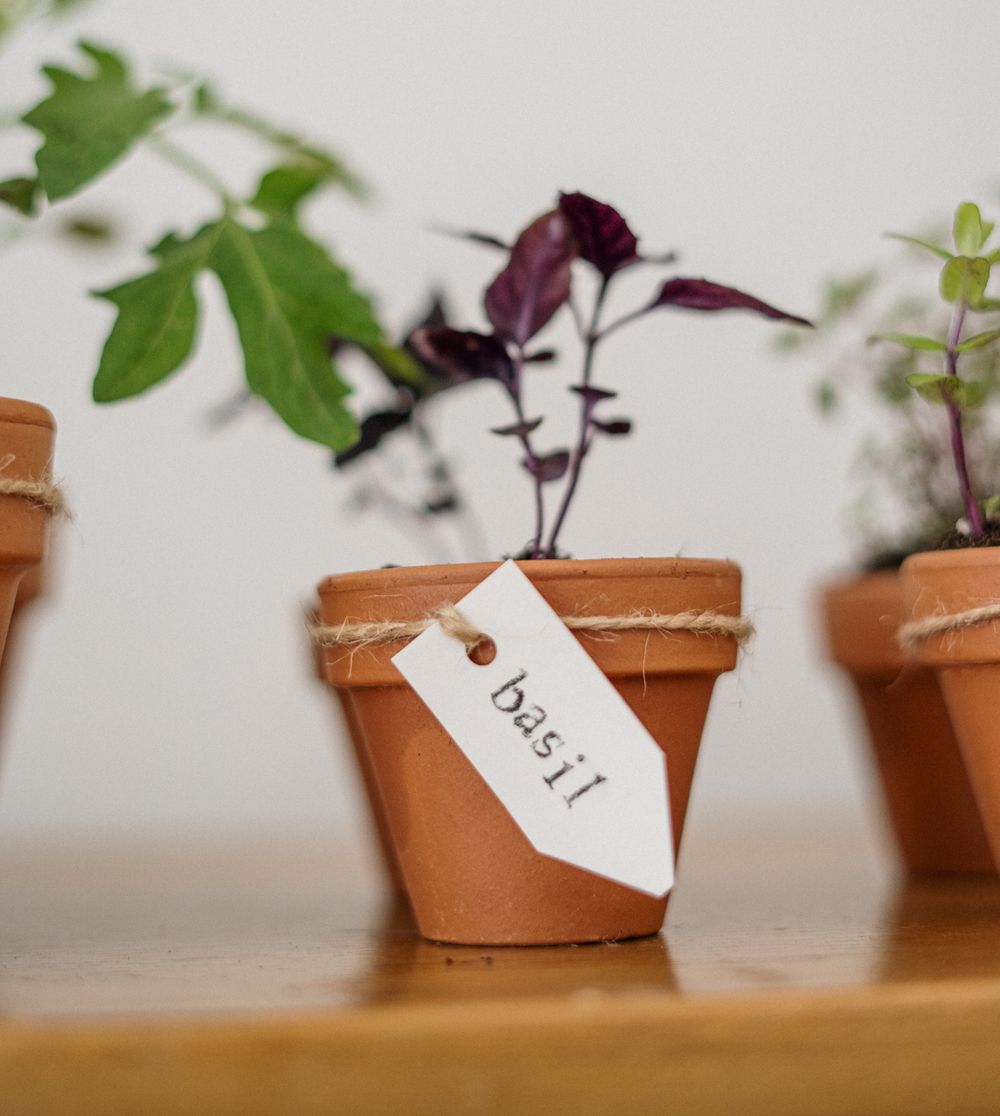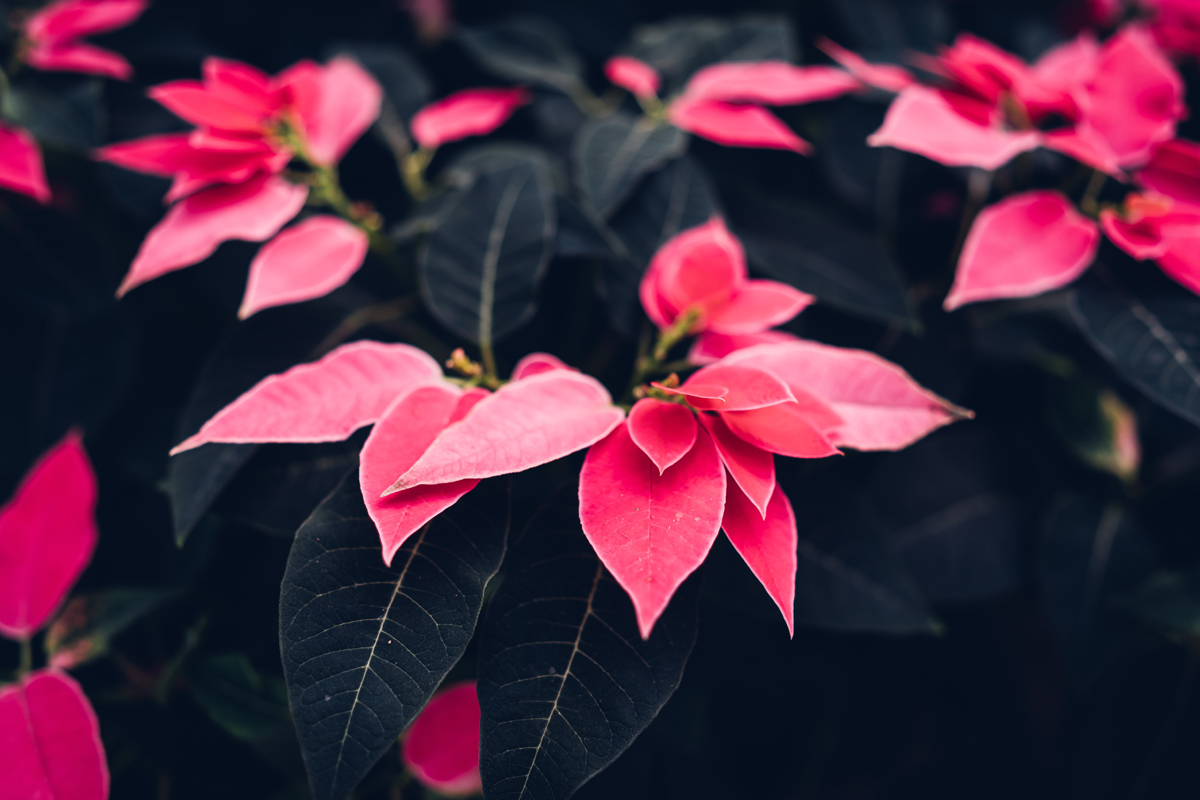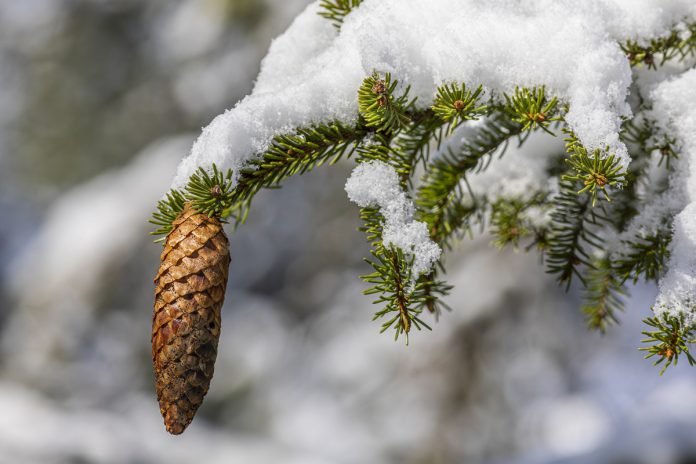How to Make Your Own Bird House
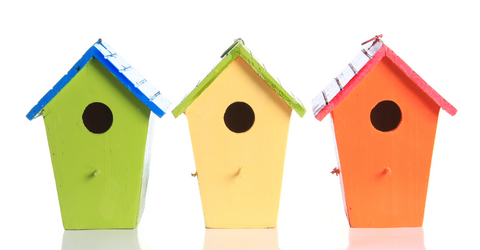
Bird house making is really easy as long as you love what you are doing. It is also an effective way to make your house – as well as you – feel chirpy and bright in the morning. Believe it or not, nothing beats having birds outside your homes. The following are tips and advice to make the dream bird house that you always imagined you would have. Also included are the ways and methods of appropriately setting up the bird houses.
First things first, the point of bird houses is to bring in birds. Attracting them however is just half of the story, it is making them return as much as they possibly could, that is the challenge. Hopefully, the following guidelines will work.
Have a Roof That is Hinged
Providing a roof that is hinged on the sides is an effective way for you to make house cleaning a lot easier especially during the spring. Spring cleaning during the early weeks of March is a good idea. As much as possible, use hinges that are rust proof. Remember that animals such as raccoons are able to open an eye and a hook.
Place Appropriate Ventilation
Drill four drain holes that measure about one fourth inch in every bird house’s bottom. Also, add two five eighth hole ventilation on the top of each house’s side.
Place a Roof
Provide a bird house roof that has at least an overhang of two inches in the bird house’s front in order to protect the hole’s entrance from rain that is driven by wind as well as to prevent animals like cats from reaching inside. Also, the sides of the bird house should be enclosed towards the floor in order to keep the rain from having to seep inside the bird house nest.
Try to recess the bird house floor about one fourth of an inch from the bird house’s bottom in order to prevent it from rotting as caused by the moisture.
Bird House Perches
Believe it or not, putting perches on the bird house is a no-no. The birds that do appreciate and do perch are the starlings and the sparrows. For bird houses of song birds, keep the holes of the entrance about an inch and three eights inch small in order to keep the house sparrows and starlings out. Of course, the exception are the purple martins.
How Should The Bird Houses be Spaced?
If there are other bird houses or boxes near, they should therefore be spaced appropriately about twenty five feet far from each other. Houses for bluebirds meanwhile require about three hundred feet. The space is important in order to reduce any conflicts. Another reason for this is because a lot of birds are actually territorial and so protecting the area around the bird’s nest is important. The exception to this are mergansers, wood ducks and goldeneye. Putting their bird houses close to each other is okay.
Purple martins meanwhile prefer to live in colonies and so apartment bird houses is their specific preference and not single family bird houses.
What Kind of Material is Best for Bird Houses?
The best to use is wood. As much as possible, avoid lumber that is treated with pressure because once wet, it excretes vapors that poisons birds. Using preservatives like stain or paint could be used on the box’s outside, especially the back. Using the chemical preservative creosote should also be avoided.
Try not to use cartons of milk, can tins, metal. These materials could overheat and destroy the bird eggs as well as the bird younglings. An exception however are the commercial martin aluminum bird houses.
Be careful with uninvited guests such as mice, wasps, bees or squirrels. Once found, remove them as soon as possible. Be careful though as such animals could sting and hurt you.
All in all, making a bird houses is not simply hammering and pasting one material to another. It requires as delicate a care as creating an actual house or room for a human being.
The Author:
Lee Dobbins
Photo. © Dreamstime
Source: AB

